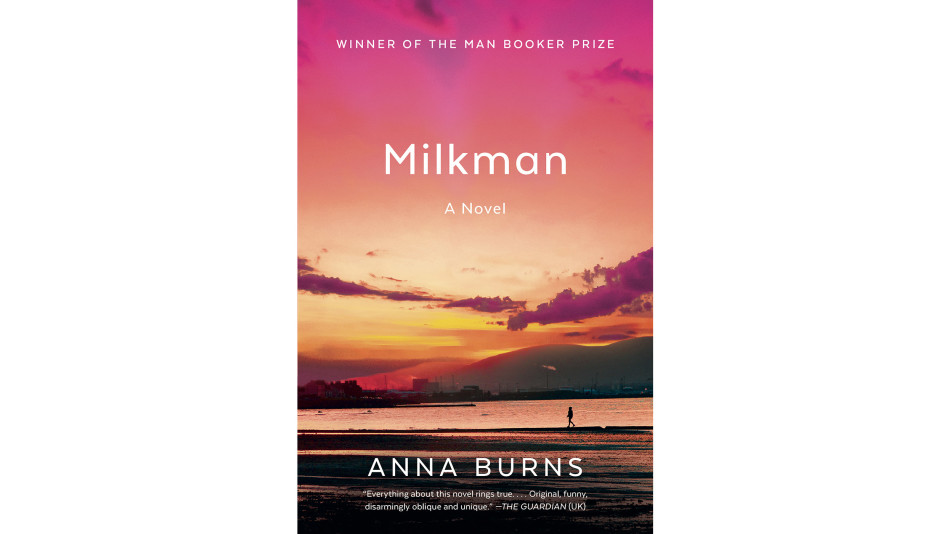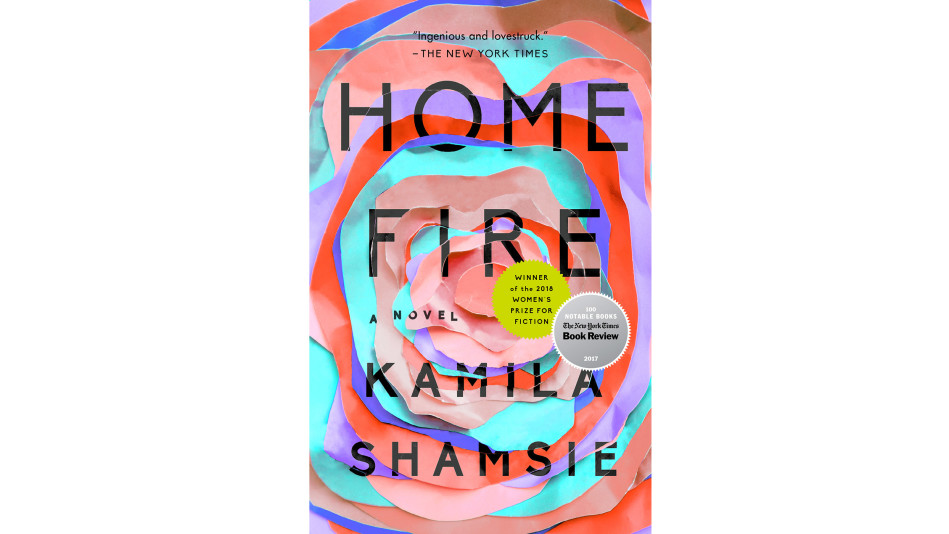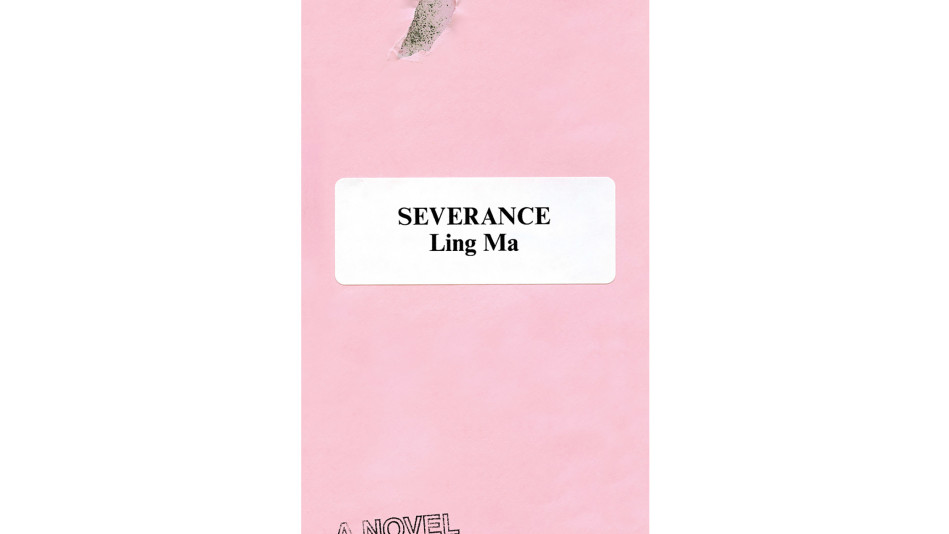These Books Just Won America's Biggest Book Prizes
Check out these award-winning books this November.

The Friend
By Sigrid Nunez
224 pages; Riverhead
What's the meaning of friendship? An aging Great Dane is an odd way to start answering the question. But in The Friend, winner of this year's National Book Award for fiction, Sigrid Nunez embraces the oddness of such a relationship, exploring the disorientation that comes with losing someone close to you. The narrator is a writer who's inherited Apollo, the pet of a close friend who's recently killed himself. "Having your dog is like having a part of you here," she writes. But that's not always a positive: Apollo's presence provokes difficult memories of her flawed friend and his strong-willed ex-wives, plus glimpses of her own mortality. Nunez writes with grace and humor about the depth of our relationships with animals, leaning on plenty of fellow writers and thinkers for backup. But The Friend is strongest at moments when the literary erudition vanishes and what's left is raw affection: "He is a creature of such arresting beauty that he regularly draws gasps," she writes of Apollo. "To think what he was like in his prime."

The Emissary
By Yoko Tawada
Translated from the Japanese by Margaret Mitsutani
128 pages; New Directions
Yoko Tawada's beguiling novel, winner of the National Book Award for translated literature, playfully rejiggers the conventions of the post-apocalyptic novel, replacing doom and gloom with touches of magical realism and cautious optimism. A man is caring for his great-grandson, Mumei, in a Japan that is closed off from the rest of the world after an unnamed catastrophe. Whatever happened, it's had odd, isolating but nonfatal effects. A generation of people "robbed of death" now live well past 100, and genders fluidly switch across lifetimes. (Social norms get weird too: People believe "listening to clothes slosh around in a washing machine makes your thoughts dry up.") The plot turns on Mumei's possible position as emissary to the outside world, but the novel's real appeal lies in Tawada's lyrical, sinuous observations about everyday life; the warps and glitches she describes in nature, aging and relationships make our own lives feel as enchantingly strange as a faraway country. A slim, surprisingly sweet-tempered dystopian tale.

Milkman
By Anna Burns
360 pages; Graywolf
Can't a young woman walk down the street and read a book in peace? Anna Burns' somber but engrossing novel, winner of this year's Man Booker Prize, turns on an unnamed 18-year-old narrator who's watching her life become increasingly oppressive due to politics, family and (mostly) men. Although the novel never directly mentions Burns' native Ireland and the factional politics there in the '70s and '80s, that's the clear setting, as the narrator struggles to escape the leering attentions of Milkman, who seems to have unsettling knowledge of her relatives and the "maybe-boyfriend" alleged to be in cahoots with a faction "over the water." Burns' narration is thick with repetition and run-on sentences, which takes some getting used to. But the stylistic gambit becomes remarkably effective, conveying the sense of the narrator's world spinning out of control and becoming harder to articulate, how she was "beginning to lose [her] power of reason, [her] ability to see obvious connections and to retain even the most elementary sense of how to survive in this place." A deliberate, sensitive novel that builds to a crushing climax.

Home Fire
By Kamila Shamsie
288 pages; Riverhead
Kamila Shamsie's novel, winner of the 2018 Women's Prize for Fiction, is at once sensitive, powerful and timely, exploring the roots of extremism and one family's response to it. Sisters Isma and Aneeka are Londoners who've taken divergent paths in the wake of their father's radical past and brother Parvaiz's recruitment by ISIS. Isma, craving escape, heads to America, while Aneeka faces the family crisis head-on in ways that include a relationship with a powerful politician's son. Shamsie, taking some cues from the ancient Greek story of Antigone, "probes the roots of radicalism and the pull of family," deftly visualizing cold-blooded terrorism and the emotional turmoil it leaves in its wake. She writes bluntly about beheadings and lyrically about loss ("grief tasted like hunger, felt like numbness, sounded like silence"), and undoes the easy stereotypes that cloud conversations about faith and patriotism. A risk-taking, powerful novel.

Severance
By Ling Ma
304 pages; Farrar, Straus and Giroux
The apocalypse usually isn't the stuff of comedy. But Ling Ma's brash and "brilliantly crafted" debut, winner of this year's Kirkus Prize in fiction, reveals the absurdity of our hyperconsumerist lives while delivering a lively adventure tale about humanity's final hours. Candace, the narrator, is a millennial publishing staffer who manages to escape a devastating fever that's either killed or zombified much of the country. If you spot a zombie in fiction, look for metaphors, and Ma's pointed joke is that dealing with the drudgery of office hierarchies is pretty good training for the end of the world, especially when it comes to the clumsy leadership of the ragtag band of survivors trekking across the country. Along the way, Ma delivers some sharp insights about the way social media has "effectively rendered us more ignorant, more helpless, more innocent in our stupidity." One part horror story, one part Office Space, yet remarkably cohesive, Severance never loses the capacity to surprise.



